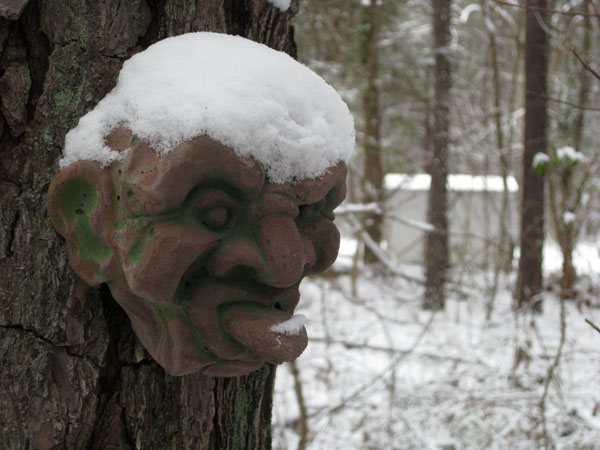I promised myself I wouldn’t buy a painting at Centerfest. I would just stroll through for a couple of hours, enjoy the art, maybe get a funnel cake. But I wasn’t going to spend any real money. Nope, no sir. Saving that money.
So, of course, I bought a painting. Watercolor and ink in a traditional Chinese style, two birds perched in a scarlet-blossoming tree while snow falls softly around them. Minimalist and very elegant, but there is something in the birds’ expressions that suggests that the one is enjoying the lovely snowfall while the other is pointedly irritated by the whole mess. I can ignore this and just enjoy the peaceful elegance of the piece, or I can wonder what the birds are thinking, and it’s a different story every time.
